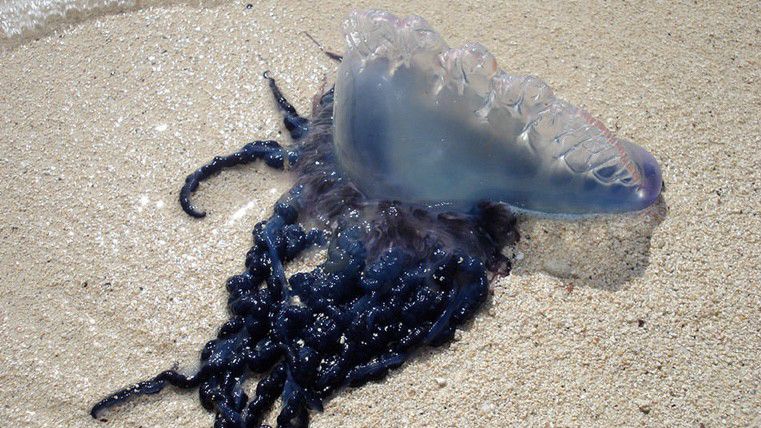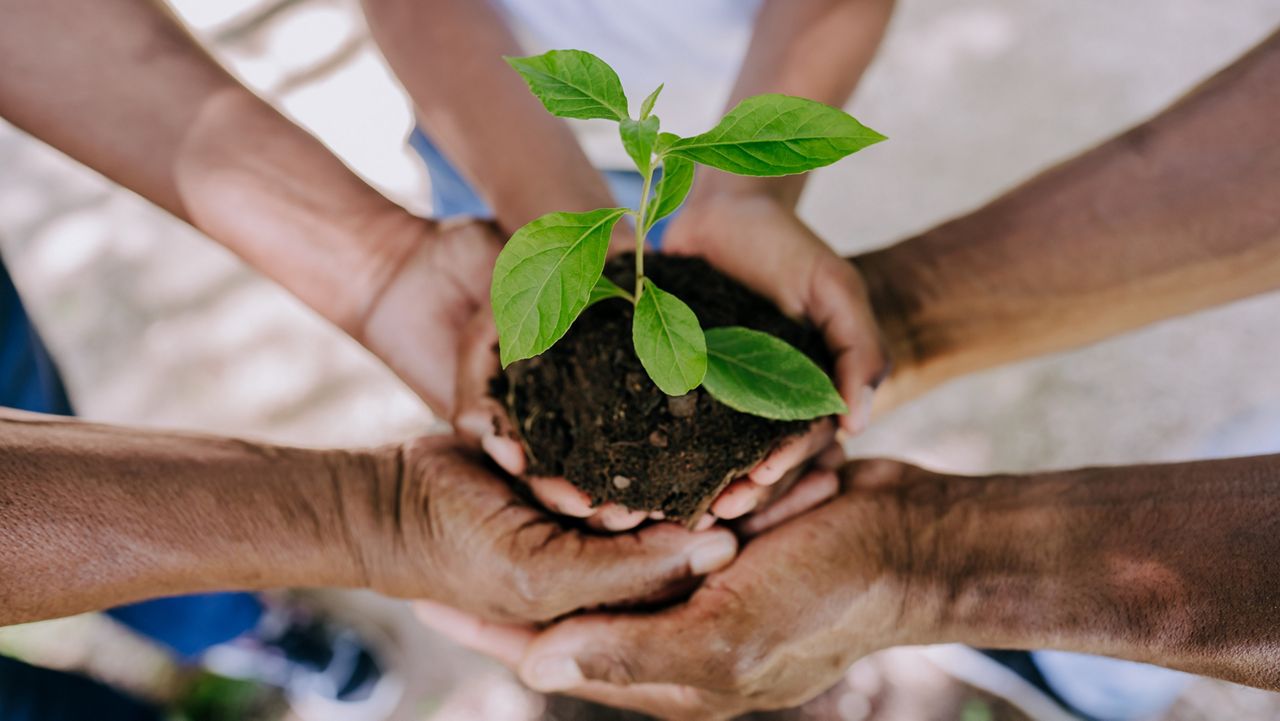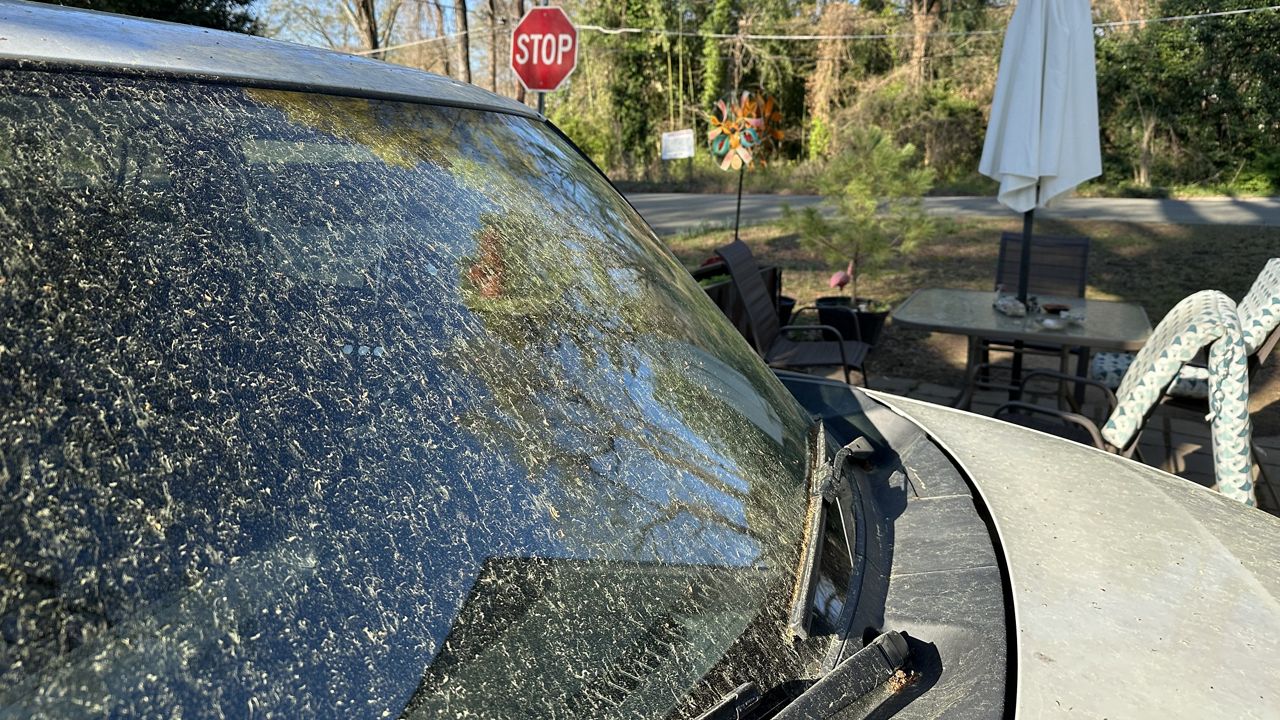GREENSBORO, N.C. — North Carolina generated 2.7 million tons of food waste in 2021, according to the North Carolina Department of Environmental Quality.
What You Need To Know
- Across the nation, one-third of food goes to waste
- Greensboro's Food Waste Collection Pilot Program is expanding, with a second location
- More food waste has been collected this year already than last year in its entirety
- The commercial composting allows more types of food waste, such as dairy and meat to be collected
Food is often thrown out, leading to harmful greenhouse gases being created in landfills. Cities across the country, including Greensboro, are working toward a cleaner way to recycle leftover food.
Steve Tate is a co-leader of the Creation Justice Team at the Congregational United Church of Christ in Greensboro. The newest location for the city’s Food Waste Collection Pilot Program, collecting food waste to be made into compost.
“We discovered that much more than recycling, much more than many other things we could do, having a better way to collect and compost food waste really has a big impact on the environment,” Tate said.
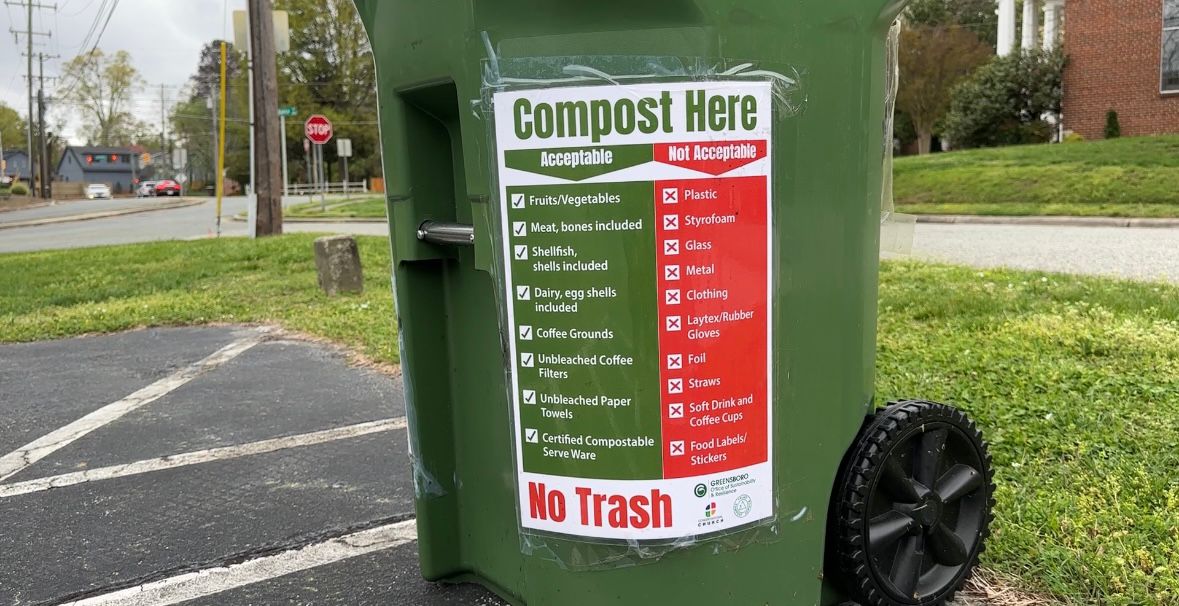
This is not the first green effort of the church, which already has elements such as solar power panels and a pollinator garden. Although its newest component of being a part of the effort of collecting food waste is bringing even more members of the community to the forefront.
“You go one by one, and pretty soon you’re a whole community doing something that really does make a difference,” Tate said.
Across the nation, more than one-third of food goes uneaten and ends up in the landfill, according to the NC DEQ. The communal program, which started in April 2023, collected almost 2.8 tons of food waste in its first few months. This year, with the addition of the CUCC location, 3.25 tons have been collected in January and February alone.
Not only does the program help limit the emissions, it creates even more nutrient-rich environment.
“With more compost in the soil, the soil captures more carbon from the environment and takes it down deep into the plants and into the earth. So we’re sequestering carbon, rather than admitting CO2, and methane into the atmosphere,” Tate said.
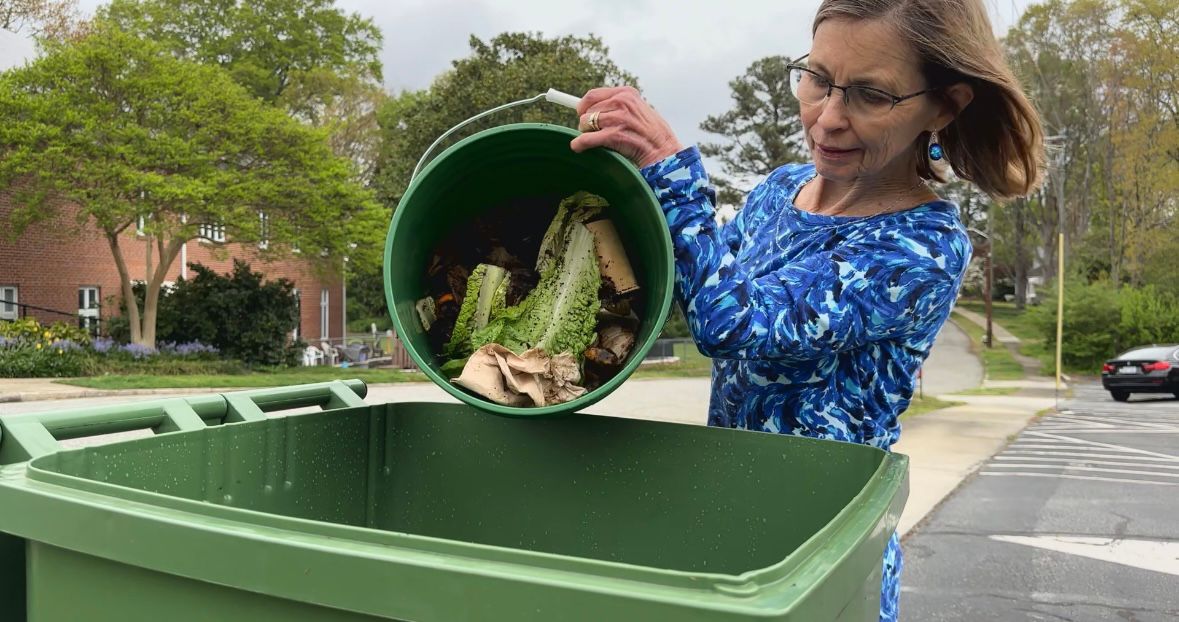
Through the commercial composting, items like fruit, unbleached coffee filters, shellfish, meat and dairy are acceptable. Items such as plastic, food stickers or soft drink containers are not.
If items are dropped off in a bag, it must be compostable.
The items are collected and taken to a local farm in Mocksville, which is made into composted soil and sold to farmers.
“This commercial composting can take all of that stuff, because the heat, it breaks down and in a very few weeks turns into compost,” Tate said.
The City of Greensboro says the program and partnership with the Triad Compost Service is continuing to grow and may have more opportunities in the future.
Other green efforts have been taken by the city, such as discounted compost bins, rain barrels, new yard waste containers and more.
Any resident of Guilford County can drop off their food waste at CUCC on West Radiance Drive or Deep Root Market on North Eugene Street.
Similar programs are run in Durham, Asheville and Wake County. Check with local government for more information on nearby programs.






